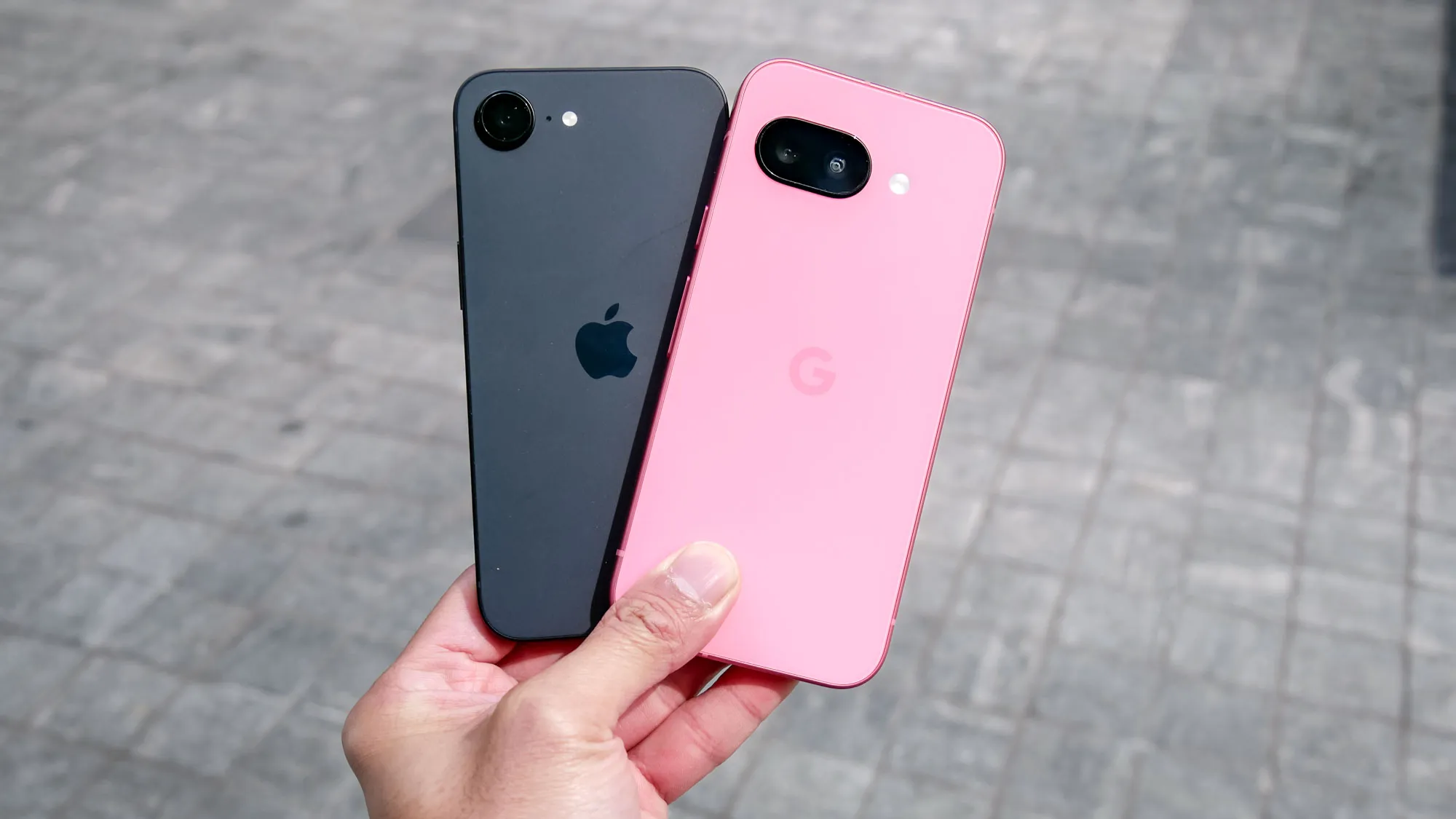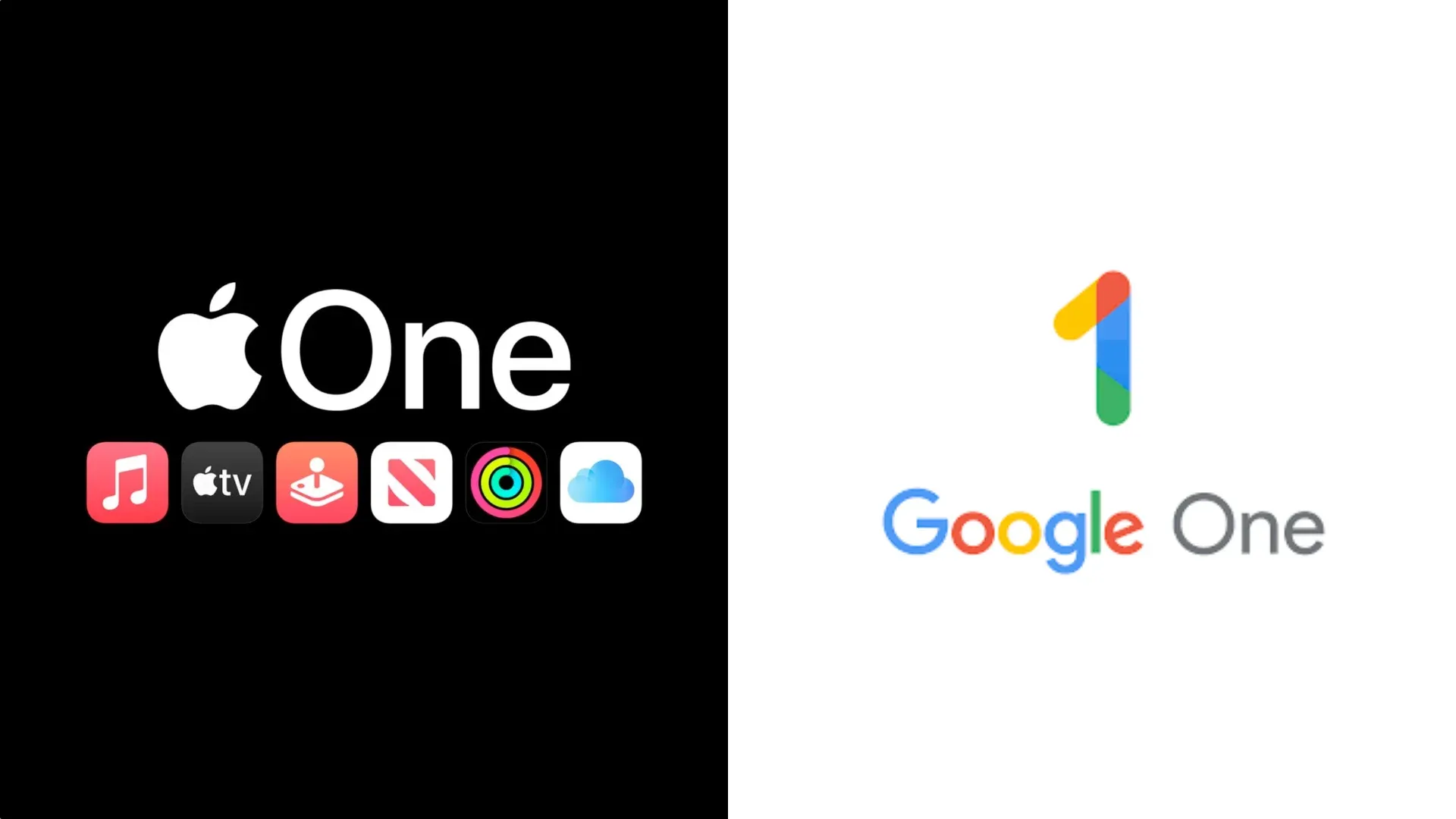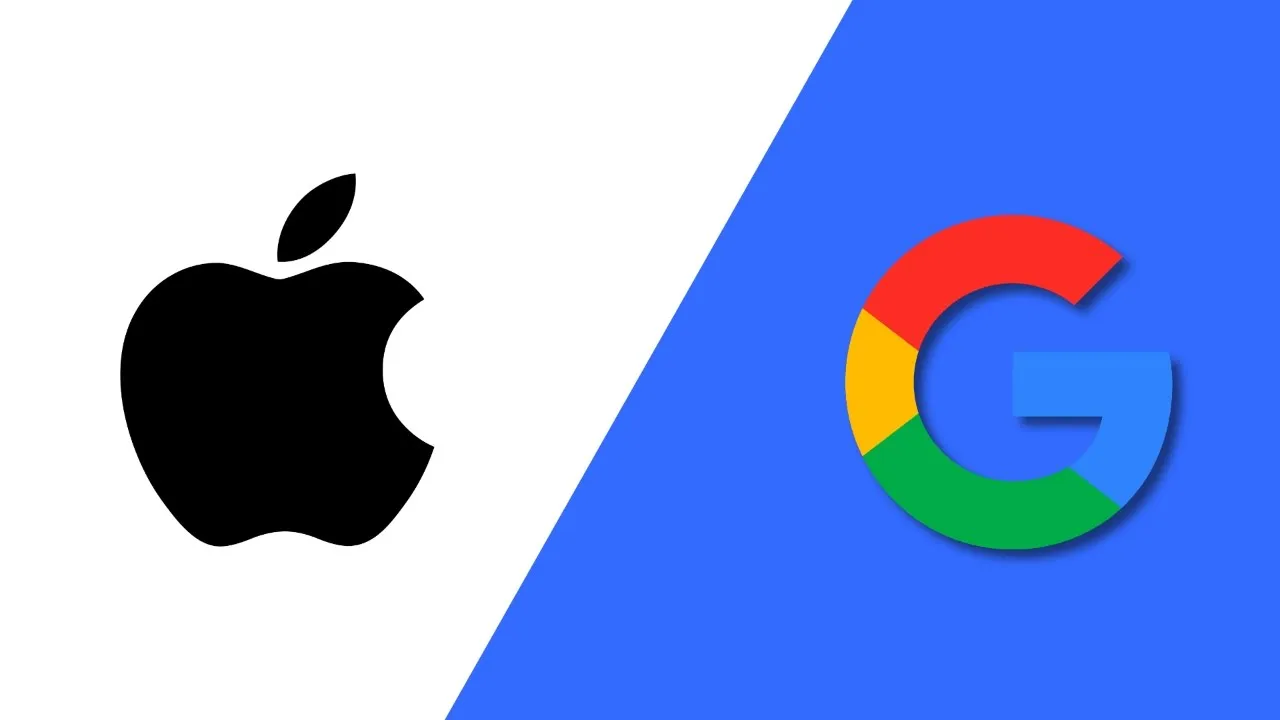Apple has done it again. With the release of the iPhone 16e in March, Apple has officially dethroned its competitors to become the world’s top smartphone vendor in the first quarter. This success is attributed largely to the new affordable iPhone 16 model, the iPhone 16e, which is already making waves with buyers. But here’s the twist — Google, long known for its critiques of Apple, has just admitted to something shocking: It’s afraid of the iPhone 16e.

If you’ve been following the battle between Apple and Google’s Pixel phones for years, you know the rivalry is nothing new. However, what’s new is how Google’s reaction has shifted. Google, in an attempt to maintain its ground, recently posted a “Pixel 9a vs. iPhone 16e” comparison page on its official website. And in doing so, the tech giant might have just revealed its underlying fear of Apple’s newest phone.
The iPhone 16e: Affordable Yet Powerful
Before diving into Google’s surprising move, let’s talk about what makes the iPhone 16e so impressive. When the iPhone 16e was first rumored, it generated buzz for being an affordable yet feature-packed alternative to the higher-end iPhone models. Starting at $599, it was initially seen as slightly pricier than expected. But what it brings to the table — cutting-edge specs, tremendous battery life, and Apple Intelligence — makes it a worthy investment.
As an entertainment journalist, I’ve seen many phones come and go, but the iPhone 16e has turned out to be everything I predicted it would be. The phone boasts an all-screen design that is sleek and modern, with performance that rivals flagship models. It’s a device that offers the perfect balance between cost and innovation.
Why Google Is Shaken: The Pixel 9a Comparison
Google’s response to the iPhone 16e has been nothing short of telling. While Google has been known to take jabs at Apple’s iPhones, it’s never been this direct. By publishing a comparison page between its Pixel 9a and the iPhone 16e, Google has inadvertently highlighted just how much it fears Apple’s rise in the budget-friendly phone market.

The Pixel 9a is undoubtedly a strong contender in the mid-range phone market, with a starting price of $499 for 128GB of storage. It offers a great camera experience, solid battery life, and boasts Google’s cutting-edge AI with the Gemini system, which is currently ahead of Apple’s AI offerings. However, the key factor that stands out here is Google’s decision to compare its device directly with the iPhone 16e. If Google truly believed its device was the best budget option out there, why draw attention to Apple’s phone, especially when many buyers might switch over to the iPhone?
This move shows that Google, despite its best efforts, might be worried about losing its dominance in the budget smartphone sector. And perhaps rightfully so. The iPhone 16e is proving to be a formidable opponent, especially given its affordable price point combined with the brand power of Apple.
A Deeper Dive: Comparing the Specs and the Battle of Chips
Google’s comparison page might tout the Pixel 9a as the better option based on its superior specifications, but the one key aspect it overlooks is the chips that power both devices. The iPhone 16e features the A18 chip, which is a powerhouse in mobile processing. In contrast, the Pixel 9a runs on Google’s Tensor G4 chip. When it comes to raw power, the A18 chip is likely to outperform the Tensor G4 in various real-world applications, particularly as software becomes more demanding over time.
Moreover, while Google highlights its impressive seven years of security and OS updates for the Pixel 9a, there’s a subtle jab at Apple’s update system. However, iPhones — including the iPhone 16e — are known for receiving years of software updates, making them just as future-proof as the Pixel 9a. The reality is that the iPhone 16e is likely to handle future iOS iterations with ease, while Google’s Tensor chips could face more strain as Android updates become more complex.
Apple vs. Google: The AI Factor
One area where Google unquestionably shines is its AI. The Pixel 9a comes equipped with Gemini, which offers a more advanced AI experience compared to Apple Intelligence. As someone who has used both iPhones and Android phones, it’s clear that Google’s AI system is currently far superior to Apple’s offerings, especially when it comes to machine learning and integration with various Google services. For Android users, this is an undeniable advantage.

However, despite Google’s lead in AI, I’d argue that the iPhone 16e still holds a slight edge overall. Apple’s ecosystem, while not as AI-heavy, provides a seamless experience that many users find hard to beat. From the smooth interaction with other Apple devices to the superior build quality, the iPhone 16e offers an all-rounded, user-friendly experience that makes it a tough competitor for anyone in the budget smartphone market.
The fact that Google felt the need to compare the Pixel 9a to the iPhone 16e suggests one thing: fear. The Pixel 9a is a great phone in its own right, but Google shouldn’t have to resort to such tactics to highlight its strengths. The comparison page inadvertently shows how much Apple’s iPhone 16e is affecting the competition.
While Google’s Pixel 9a is still a great choice for Android fans, the iPhone 16e has emerged as a worthy challenger, and it’s no surprise that Google is feeling the heat. Google can sell its Pixel phones without directly comparing them to iPhones, and perhaps it’s time to stop fearing Apple and let the devices speak for themselves.









